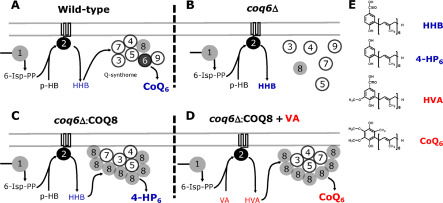Renewable and Sustainable Energy Reviews, Volume 120, March 2020
Smart home technologies refer to devices that provide some degree of digitally connected, automated, or enhanced services to building occupants. Smart homes have become central in recent technology and policy discussions about energy efficiency, climate change, and the sustainability of buildings. Nevertheless, do they truly promote sustainability goals? In addition, what sorts of benefits, risks, and policies do they entail?
Scientific African, Volume 7, March 2020
Increased demand for food to feed the ever-growing population led to development and adoption of synthetic chemicals as a quick and effective strategy of managing crop pests and diseases. However, overreliance on synthetic pesticides is discouraged due to their detrimental effects on human health, the environment, and development of resistant pest and pathogen strains. This, coupled with increasing demand for organically produced foods, stimulated search for alternative approaches and botanical pesticides are particularly gaining importance.
The Lancet Global Health, Volume 8, March 2020
SLAS Discovery, Volume 25, 1 March 2020
3rd March 2020


